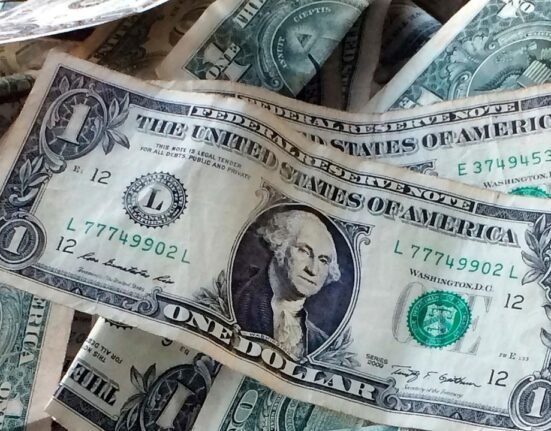Beijing is exploring concessions related to the export of chemicals used to manufacture fentanyl, a gesture aimed at easing tensions with the Trump administration and opening the door to renewed trade negotiations, according to people familiar with the matter, the Wall Street Journal reported.
Chinese leader Xi Jinping’s top security official, Wang Xiaohong—who serves as minister of public security—has recently been making inquiries about what concrete actions the Trump administration would want to see regarding China’s role in the global fentanyl supply chain. Chinese companies are known to manufacture and export precursor chemicals used by drug cartels, especially in Mexico, to produce the deadly opioid that is fuelling a public health crisis in the US.
Discussions are ongoing, and Beijing has not made a final decision. However, Chinese officials are reportedly weighing the possibility of sending Wang to meet directly with senior Trump officials—either in Washington or in a third country—to demonstrate goodwill and create an opening for broader talks.
Fentanyl as diplomatic “icebreaker”
“Fentanyl can be the icebreaker for the two countries to start with a more positive tone,” said Yun Sun, director of the China program at the Stimson Center. “Both sides are eager to get some negotiations started.”
The shift comes amid intensifying economic strain in China, where a prolonged real estate crisis, weakening consumer demand, and deflation are creating serious headwinds. The ongoing trade war with the US—triggered by President Trump’s aggressive tariff regime—has only added pressure to a slowing Chinese economy.
After rebuffing US overtures for months, China’s Commerce Ministry signalled a notable change in tone on Friday, saying it is “currently evaluating” American messages expressing a willingness to negotiate on tariffs. This marks the first sign that Beijing may be ready to reconsider its previous demand that Washington drop its tariffs before any formal talks begin.
Trump’s tariff war and potential off-ramp
President Trump imposed 20% tariffs on Chinese goods early in his second term, citing China’s alleged role in enabling the fentanyl crisis, which claims tens of thousands of American lives annually. Beijing dismissed the justification at the time as a political smokescreen for a broader economic offensive.
Since then, the US has escalated tariffs to 145% on most Chinese imports, while China has retaliated with 125% duties of its own. The result: a sharp decline in bilateral trade, rising inflation in the US, and growing signs of recession risk in China.
Amid backlash from retailers and manufacturers, the Trump administration is reportedly considering targeted tariff relief, but has made clear it expects China to take concrete steps—such as curbing fentanyl-related exports—before softening its stance.
Carve-outs expose vulnerabilities
While no comprehensive deal has been reached, both countries have already begun selectively exempting products from the most punishing tariffs. According to RAND analyst Gerard DiPippo, the US has exempted about $102 billion worth of Chinese goods, including consumer electronics, while China has removed about $46 billion of US imports—especially high-tech equipment—from its retaliation list.
“By doing the exemptions, both sides have revealed to each other what their vulnerabilities are,” DiPippo said, noting that the concessions so far appear more geared toward economic self-preservation than diplomatic compromise.
From deadlock to dialogue?
For much of this year, the two capitals were locked in a communications freeze. Chinese officials privately complained they couldn’t get a line to Trump’s top aides. Now, the roles appear reversed: US officials have spoken publicly in recent days about reaching out to Beijing, only to receive denials—until now.
With Beijing signalling interest in resolving at least one area of friction, and the Trump administration seeking political wins ahead of a volatile election season, fentanyl may provide the long-sought opening for a de-escalation of the trade war.
Still, any breakthrough will depend on whether Beijing’s offer is perceived as genuine—and whether Trump is willing to dial back tariffs that have become a cornerstone of his “America First” economic policy.







